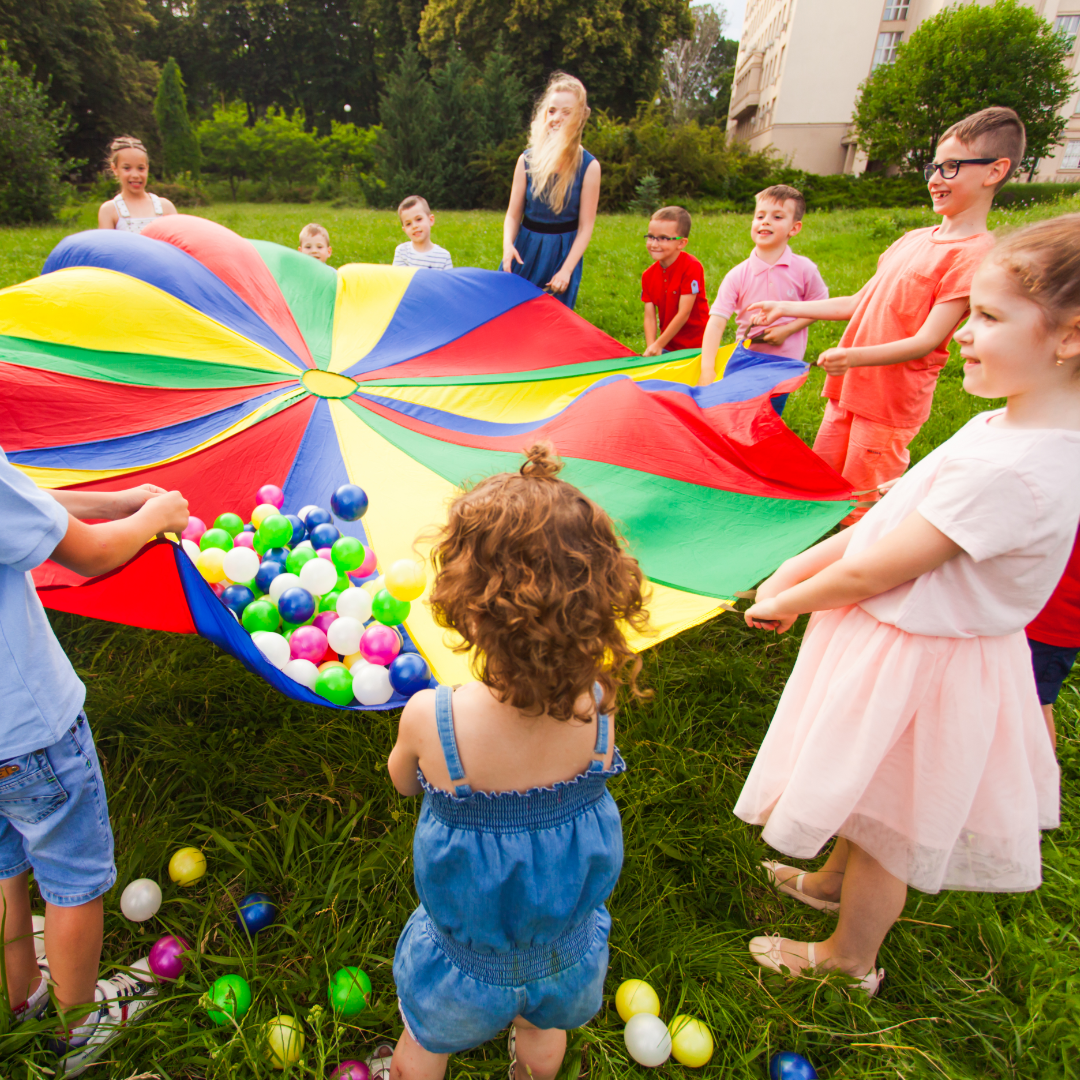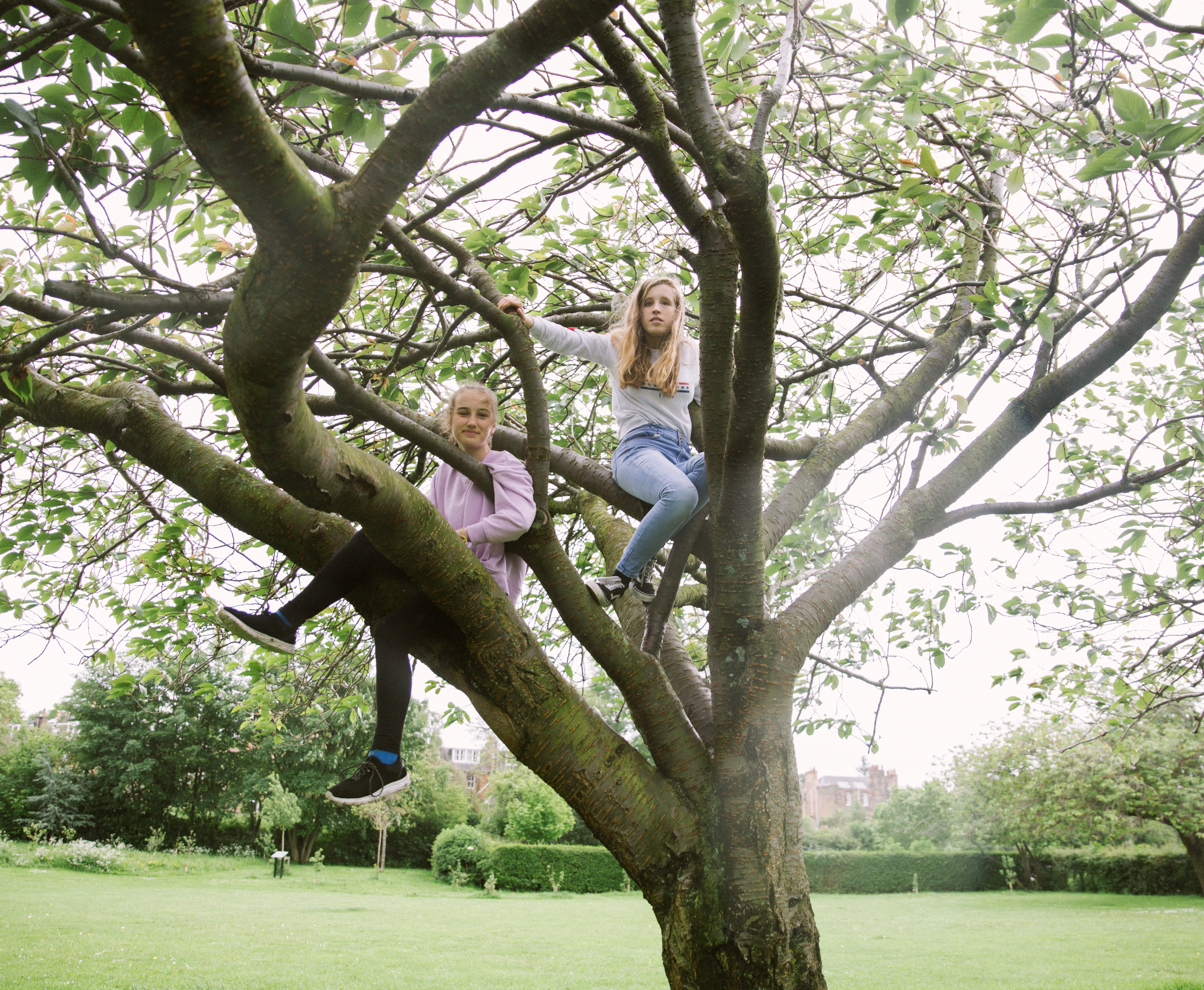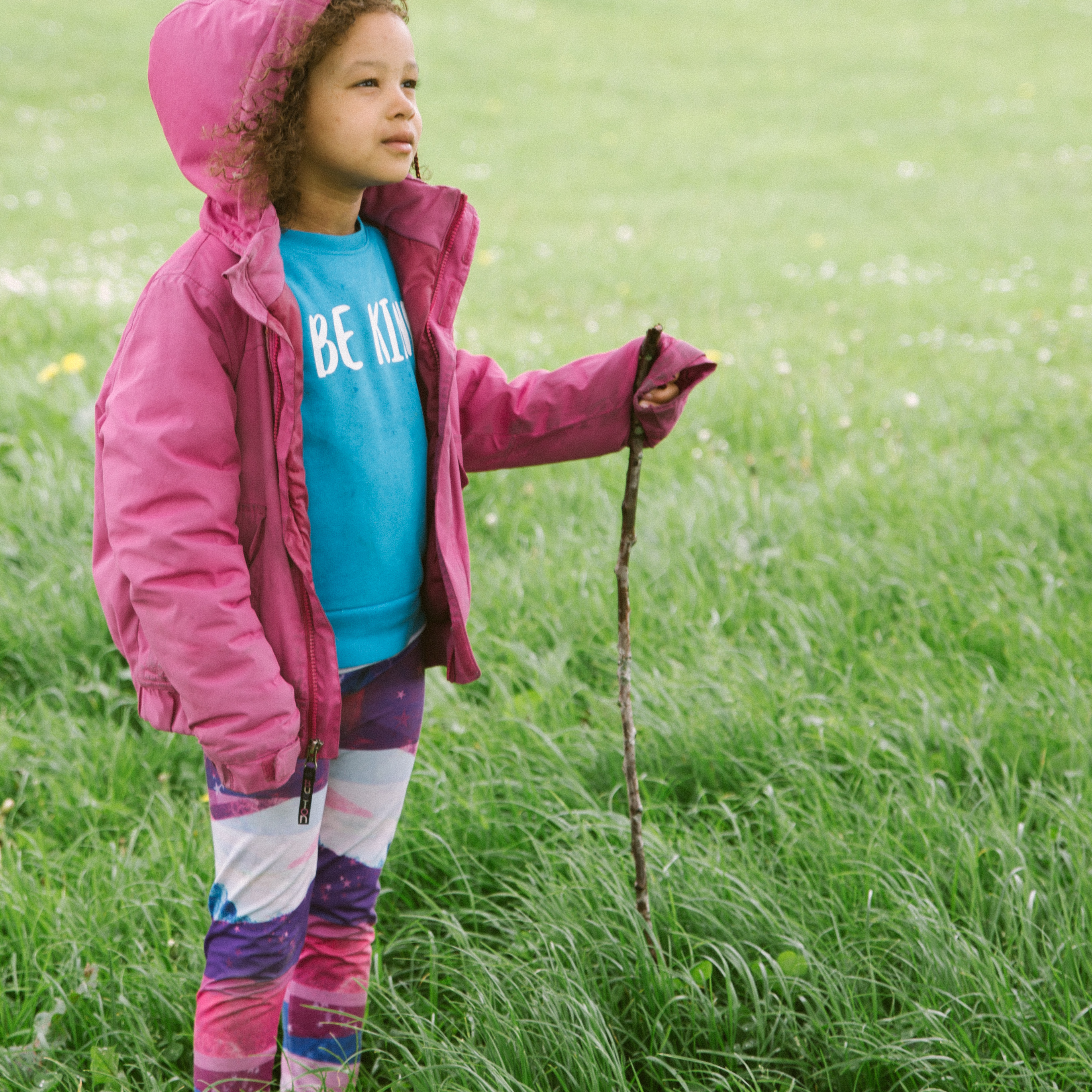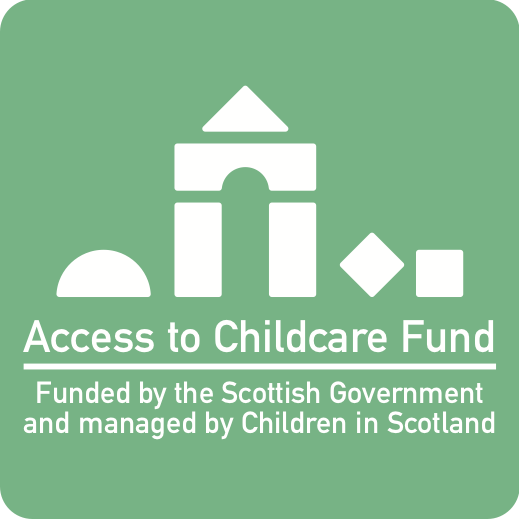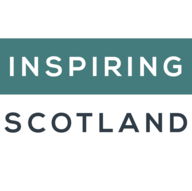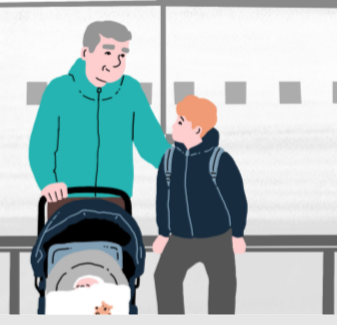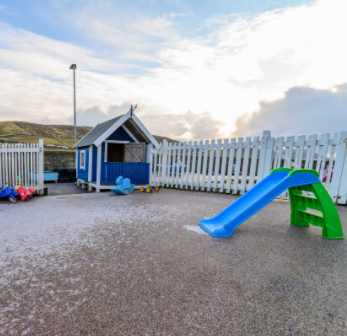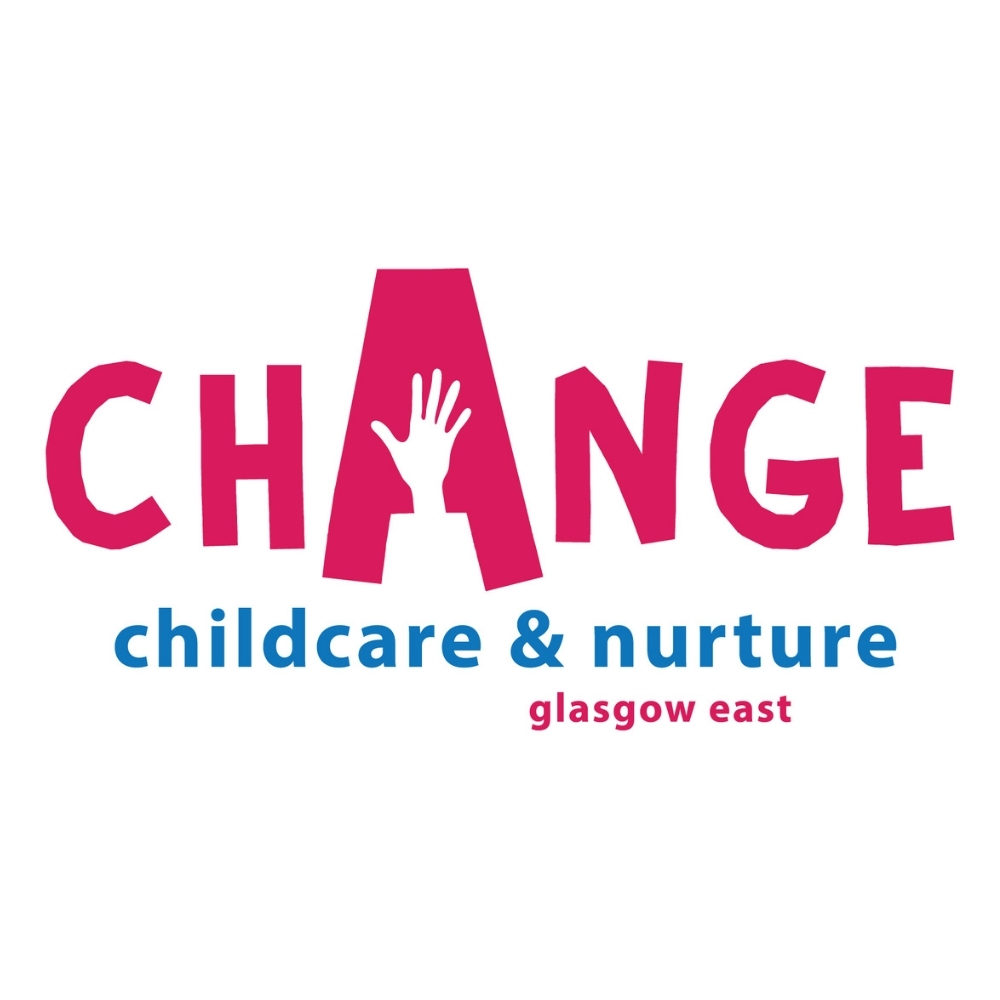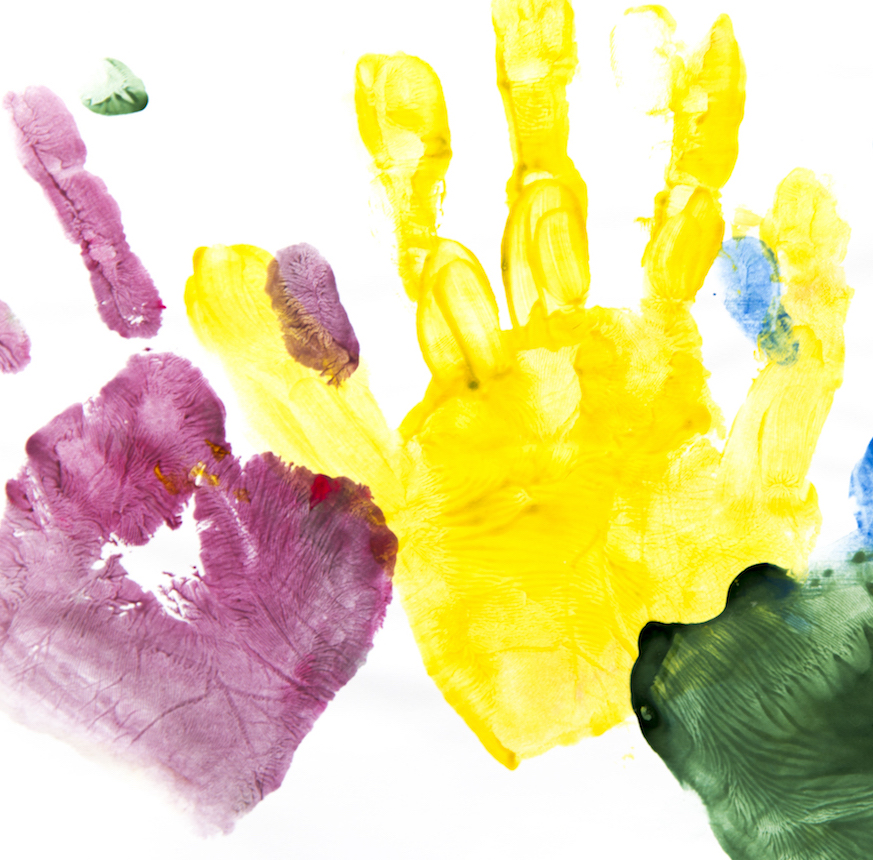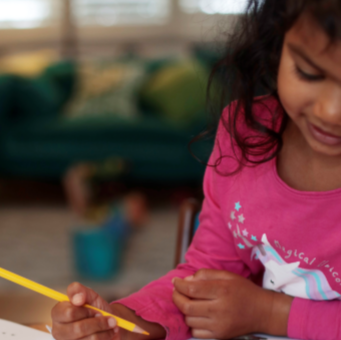1 April 2021
Margaret McLelland, manager of St Mirin’s Out of School Club – a recipient of funding from Children in Scotland’s Access to Childcare Fund – explains why play is so fundamental to childhood and learning. This article was originally published by Inspiring Scotland as one of their practitioner guides resources
There has never been a more crucial time for play not only in Scotland but across the world. A global pandemic has deprived children of so many play experiences. Media are covering the “gap” and “loss” of learning and how Scotland might address the impact of “lost learning”.
Our children don’t need more school, reduced holidays, extended educational days. They need more play! Mental health and wellbeing are a priority for our children. This needs to be intact before children even begin the process of learning and what better way to do this than through play?
As manager of an out of school club based in a primary school we have been engaging with the school long before the pandemic. We now recognise there is even more additionality we could offer and bring to the school. As play practitioners and professionals we are highly trained, and our skills and expertise have the potential to enhance the whole school community.
It starts with relationships, from there we build mutual respect between the teaching staff and the play professionals. This has certainly raised the profile and understanding of play by highlighting what can be achieved through play. By this I mean play indoors and especially outdoors, play guided by the playwork principles, play in both its forms of structured and unstructured, play that is spontaneous, self-directed and assists children to meet their own needs, play that involves risk, compromise, negotiation , trust, choice, collaboration and empowerment for children. The teaching staff have an understanding of play to an extent but their educational understanding of play at times does not lend itself to play in the biological sense.
Our play journey
So, we are embarking on a journey to incorporate more play in the school day not only for lower primary years but the whole school. Our initial aim was to enthuse school management that play is a perfect vehicle in which learning unfolds and unravels. Play is the universal language of childhood and enabling playful environments for children provides them with a plethora of opportunities to develop their imagination and curiosity. The physical benefits of play are well known. Play (particularly outdoor play) increases wellbeing, increasing oxygen levels, heart rates, activity levels and obesity but the mental health benefits and development of soft skills enhanced by play are much less well known and understood. As an out of school service, we hoped we might highlight this in the school we operate within.
How to bring more play to your school
We approached our head teacher about the possibility of bringing more play to the school day. Our initial discussions enabled us to recognise the educational drivers, but we were able to introduce how play could provide an excellent platform for learning in a more autonomous way. Together we discussed how we might introduce play and it may have the potential to enhance learning experiences and outcomes for children. Finally, we agreed what was to become a plan! There has been challenges, but we are taking tentative steps towards a more playful school. One such challenge is addressing the view that play is frivolous, it’s what children get to do as a reward or its “messing around”. The complexity of play can mean it can be some of that but professional observations of play can unravel exactly what is being achieved and learned by children even in the “messing around” stages of play.
Our initial attempts at bringing play to the school day were very positive. We started by introducing play professionals to the playground. Children were naturally drawn to these playful adults and engaged almost immediately in active play. To us this was a great introductory starting point not only for the children but for the teaching staff on duty in the playground. We recognised immediately this was play however we realised our intervention style was leading and our preferred state is to be observing and leaving the content and intent of play to the children. But it was a starting point. Even though our team were involved in play our skilled observations told us which children were demonstrating leadership whist others were content to follow. It was also noticed which children were at ease in play whilst others required adult play cues to get involved. The challenge for play professionals was being very aware we were not staying true to our play principles.
However, we promptly agreed this was an excellent stating point on which to build trust with children. So, we viewed this stage as an introduction to play in its simplest form. Our other school involvement was to explore health and wellbeing in playful experiences. This was a one-hour sessions, 5 days per week for small groups of children (max 8) We used play to help children recognise feelings and emotions. Again, this is a more structured type of play but a very worthwhile pilot in which we learned there is most certainly a need for playing more therapeutically with children. Throughout the weeks we introduced the concept of play to the school we were receiving excellent feedback from the school staff team. We engaged in numerous meetings with the head teacher and we laid out our initial plans to bring more play to the school day. We advised the head teacher that this, to us, was a starting point as true play not peppered by outcomes would still achieve and benefit children.
Even in this early stage of our pilot we were able to highlight some children who may need some support to further engage and this finding was echoed by the school as some children were receiving educational support. This highlighted that play can be used to assist children with social and communicative skills which in our play world are as important as academic success.
The challenges and successes
Then COVID and lockdown stopped all of us in our tracks. Since March 2020 we have been unable to further our journey with this. Even being back briefly the restrictions made it impossible to mix certain groups and social distancing meant the whole school physical space and environment prevented us moving forward. The second lockdown came rapidly after the first and today (February 2021) we are hopeful we will be returning to school 15th March. The fantastic news is that St Mirin’s Out of School club has been successful in a major funding bid to the Access to Childcare Fund.
Our application included funding even more play into the school day. We commenced a breakfast and play club which is receiving excellent feedback from families. This funding will also enable us to increase our time working within the school day enabling more play and playing therapeutically to gain best outcomes for our school community. We will also be operating two nights per week 6pm-8pm with our “Simply Play” model. This will very much be guided by our playwork principles of self-directed play.
Our journey has only just begun, and it is new territory for school and out of school to collaborate and work in partnership in such a way. It has had its challenges but for the most part early indications are that this joined-up approach of play and learning can be one of the same thing. Learning through play in all its forms is in my opinion the best method for some children to learn.
